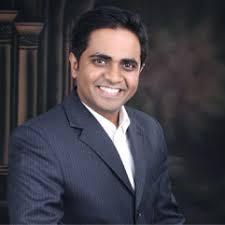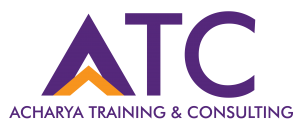Leadership Training

It is no doubt that an excellent head for business or a keen eye on the bottom line are admirable qualities. However, the top down approach of Leadership has been put under the scanner in today’s time. Today’s companies are looking for more innovative employees who take ownership of their work and the company. The employees expect, rightfully, to be rewarded for the hard work and contribution. People follow leaders for the trust and respect they command, and not merely for their skills. Effective leadership has, then, become behavior first and technical skills second.
The Leadership practices, as seen today, are not keeping up with realities of organizational life. The result is an increasing gap between the way the employees are being managed to the way they want to be managed.
Leaders not only have a role in leading a team of employees but also in creating a certain state of mind in the society. They can raise their teams out of a petty state of conflicts to a pursuit of goals that is worth their time and efforts.

Ashok Acharya
CEO
Basics of Leadership
Leadership is a skill and achieved by continuous development of ability, alertness, experience, responsibility owning, getting along with people, an open mind with clarity under pressure. Today’s business world is full of fierce competition which demands high quality of leadership. Hence Leadership development must start at the early stage of career. This program aims at building the Foundations of Leadership in this ever changing world. Through a combination of self analysis Leadership profiling to understanding the equation to build trust in your team, we help lay the building blocks of Leadership.
Coaching is effectively an ongoing partnership that helps team members to produce fulfilling results personally and professionally. A Leader as a Coach facilitates positive changes by improving thinking of the coachee. Reinforcement of positive changes comes into the focus rather than a deficit focused change. Coaching is focused on where you are now, where you want to be and what you are doing to get there. Coaching is about moving forward, not analysing the past. Coaching looks at the “how” and not “why”. Having this in your armoury helps a Leader to establish a positive atmosphere in teams and still get team accountable for their commitments.
.
Change Management
Changes in organization have grown tremendously over the past two decades. In this ever changing “White Water” like organizations we need to constantly make changes in the way we do and look at things. This program covers why organisations fail, understand the process of change, understand the emotional stages, the result of complacency, understand why people resists and taking corrective measures, essentials of trust, building the new vision and strategy, communicating the new strategy and vision.
Emotional Intelligence
In this global village, organizations compete to excel and what matters the most is the “man behind the machine” that is Leadership Talent. Organizations largely follow the method of selecting people by sorting people based on their intelligence scores (IQ) and academic achievements. Logically the prediction is that people with high scores on IQ will be more successful. Practical insights reveal that all people with high IQ are not successful in managing practical realities of business environments. The research shows that one of the critical differentiator is peoples Emotional Intelligence (EQ/EI).
Problem Solving and Decision Making
Why is it that some people find it easy to solve tough problems with simple solutions while others find this feat nearly impossible? You’ve no doubt looked at solutions to problems and said, “I should have thought of that.” But you didn’t. The answer is not just creativity, although that certainly helps. Rather, the power to find these creative solutions lies in our ability to search for and find facts that relate to the situation, and put them together in ways that work. As an individual, facts and knowledge can only go so far. By tapping into the knowledge of others (staff, colleagues, family, or friends), anyone can expand the range of solutions available.
